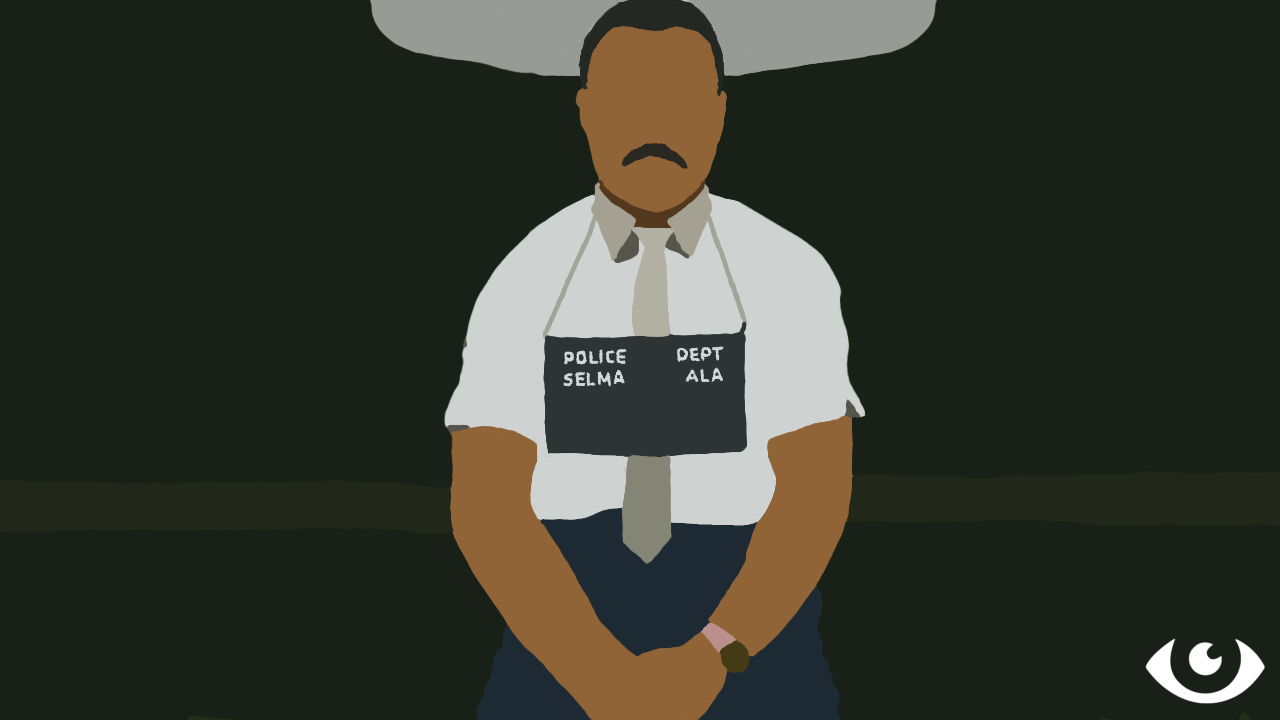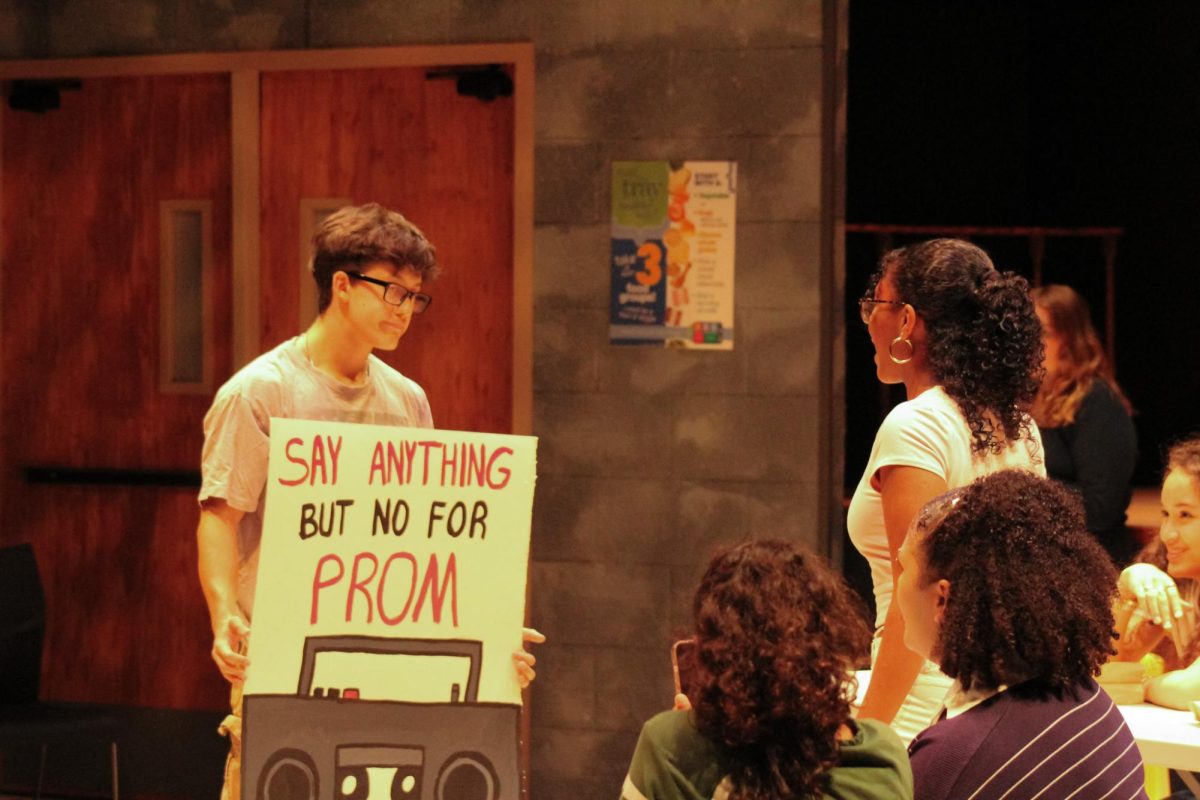Throughout American history, African American people have been exploited for labor, not given the same rights and opportunities as white people, and continuously mistreated by white people in constant cycles of segregation and racism. Directed by Ava DuVernay, “Selma” shows how in 1964, African Americans in Alabama fought against racism and mistreatment.
The movie begins with Martin Luther King Jr., played by David Oyelowo, trying to persuade the president to extend the right to vote to Black people. As expected, many of the white people disagreed with King’s views, but that didn’t stop him from continuing to champion civil rights causes. Simultaneously, tension grew in King’s home as he spent a large amount of time away from his family in Selma, Alabama protesting for the right to vote.
King gathered a group of people in Alabama to participate in a peaceful protest for their right to vote. During this protest, King and his allies remained peaceful, showing no threat to the police. Police grew more and more frustrated with King and his protesters for no reason at all, resulting in violence from the police. This forced King and his group of protesters to go home.
King then set up a march in Selma to bring attention to the lack of voting rights and protections for Black people in America. People tried to get King to call off the march but he didn’t listen. He gathered thousands of people to march against the injustice and inhumanities they experienced. After not finishing the first march due to altercations with police, a judge approved King and his followers to march from Selma to Montgomery, Alabama, which they followed through with. Due to the amount of attention this march gained nationally, politicians were influenced to pass the Voting Rights Act of 1965.
20 years before King’s marches in Selma, only 3% of African Americans in the south were registered to vote. This was because of the Jim Crow laws in place to keep African Americans from voting. By 1964, when King began organizing these protests, poll taxes were outlawed and the 24th Amendment to the Constitution was adopted. The right to vote wasn’t fully protected for African Americans until 1965, and Nixon’s presidential administration continued to expand those rights in 1970. Much of the progress made in voting rights for African Americans began with King and his protests in Selma.
“Selma” allows people to look into the sequence of events leading up to King’s protests. It also shows a small portion of what African Americans went through to get their right to vote. The hundreds of people involved in King’s marches were not all African Americans, there were many white people as well who believed in the same things King did. Turning the events that took place in Selma in 1964 into a movie allows people today to experience and understand what was fought for, and to understand what happened to get to where we are today.






